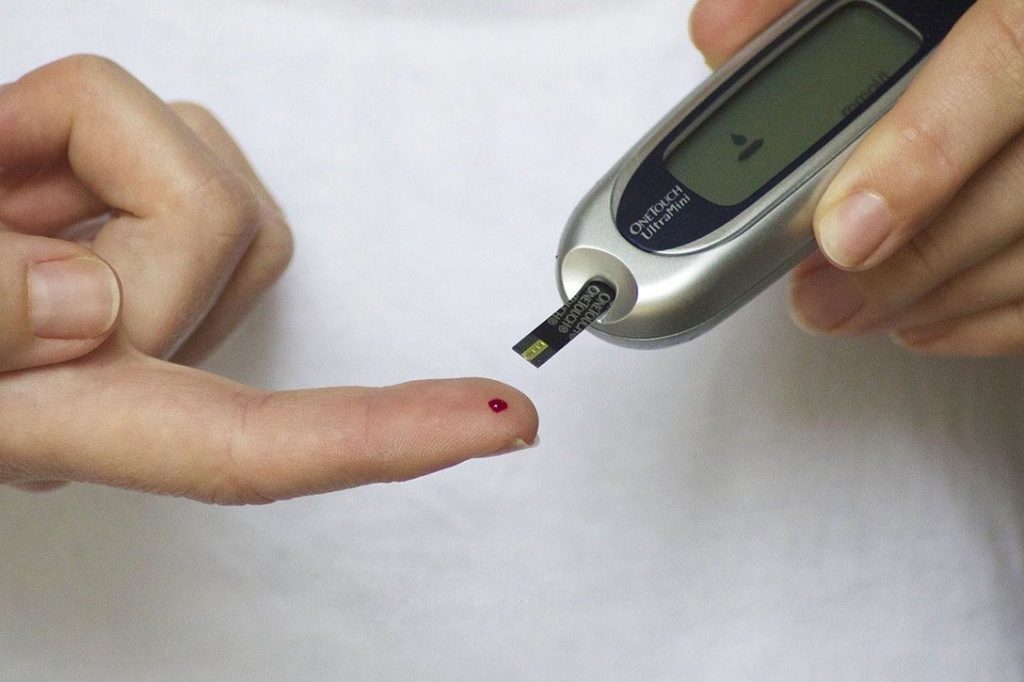Diabetes is a chronic, potentially life-threatening condition affecting millions worldwide. With the rise of obesity and unhealthy habits in our modern age, it’s no surprise that diabetes has become an important public health issue. Fortunately, significant advances have been made to improve treatments and outcomes for those with diabetes.
In this article, we’ll explore some of these innovations – from recent medical research to newly developed technologies – to help you better understand how diabetic care can be improved in today’s world.
Overview of Recent Advances in Diabetes Care and Treatment
Diabetes is a chronic condition that affects millions of people worldwide. In recent years, there have been significant advancements in the care and treatment of diabetes. The medical field has made significant strides in managing this complex disease, from innovative medications to state-of-the-art devices.
One such medication is Ozempic, a once-weekly injection that helps control blood sugar levels. To ensure that individuals have access to this medication, various coupons for Ozempic are now available. The availability of these coupons has made it easier for individuals to manage their diabetes and receive the care they need. Though these are just a few of the advancements in diabetes care and treatment, these innovations give hope to individuals living with diabetes, ensuring them that there is a brighter future ahead.
Examining the Effects of New Technology on Diabetes Care
In addition to the advances in medications for diabetes, new technology has also positively affected how diabetes is managed and treated. Many of these technologies are designed to make it easier for individuals to monitor their condition.
For example, wearable devices such as fitness trackers now not only measure heart rate and physical activity levels, but many have added features that also monitor glucose levels. Some of these devices even alert the user when their blood sugar drops too low or rises too high, which helps to ensure that individuals with diabetes are aware of their condition and can quickly take measures to manage it.
In addition, modern technology has made self-monitoring of blood glucose (SMBG) more convenient. These new systems allow individuals to track their glucose levels more accurately and efficiently while providing real-time feedback on how lifestyle choices affect the condition.
Exploring Innovative Research on Diabetes Diagnosis and Monitoring
In addition to the advances in medications and technology, researchers are making great strides in diabetes diagnosis and monitoring. For instance, new imaging technologies can detect early stages of damage caused by high blood sugar levels and provide a more accurate picture of how the disease progresses.
Researchers have also explored ways to use artificial intelligence (AI) to monitor and diagnose diabetes. For example, AI systems have been developed that can detect early signs of diabetic retinopathy – a complication caused by diabetes – simply by analyzing images of the eyes. This research is an essential step in finding more accessible and more efficient ways to monitor diabetes and ensure that individuals are receiving proper care.
Discovering Ways to Improve Nutrition and Exercise for Diabetics
As diabetes is essentially a lifestyle-related condition, nutrition and exercise are two critical factors in controlling the disease. To help individuals make healthier choices, researchers have been exploring new diet planning methods and tracking physical activity.
For example, apps can now provide personalized diets tailored to an individual’s specific needs. Additionally, wearables such as the Fitbit can track physical activity and help motivate individuals to stay active. Ultimately, these advances in nutrition and exercise have made it easier for individuals with diabetes to make healthier lifestyle choices that will ultimately improve their overall health.

Investigating New Medication Options for Treating Diabetes
Researchers are constantly exploring new medications for treating diabetes. For instance, a novel drug known as “SGLT2 inhibitors” has been developed that helps reduce blood sugar levels. Researchers have also found that certain drugs can help reduce inflammation in the body, which is often linked to Type 2 diabetes.
These new medications provide hope for those living with diabetes, as they offer a more effective way of managing the condition and may even help to prevent some of its serious complications.
Identifying Potential Challenges When Adopting New Technologies or Treatments for Diabetics
While there have been many advances in diabetes care and treatment, some challenges still exist. For instance, as with any new technology or medication, ensuring that individuals understand how to use them correctly and are monitored for safety is crucial. Additionally, the cost of these treatments can be prohibitive for many individuals living with diabetes, meaning that access to these treatments may be limited in certain areas.
It is also important to note that while new technologies and medications can help manage diabetes, they do not replace other lifestyle changes such as diet and exercise. Therefore, individuals with diabetes must maintain their health through regular checkups and follow-up visits with their healthcare provider.
Conclusion
In conclusion, the advancements in diabetes care and treatment have been remarkable. From new medications to innovative technologies, these developments give hope to individuals living with diabetes that they can lead an everyday life while managing their condition. However, it is essential to remember that while new treatments are available, lifestyle modifications such as healthy eating and physical activity should remain central to any diabetes management plan. With proper care and vigilance, individuals with diabetes can enjoy a healthier future.
